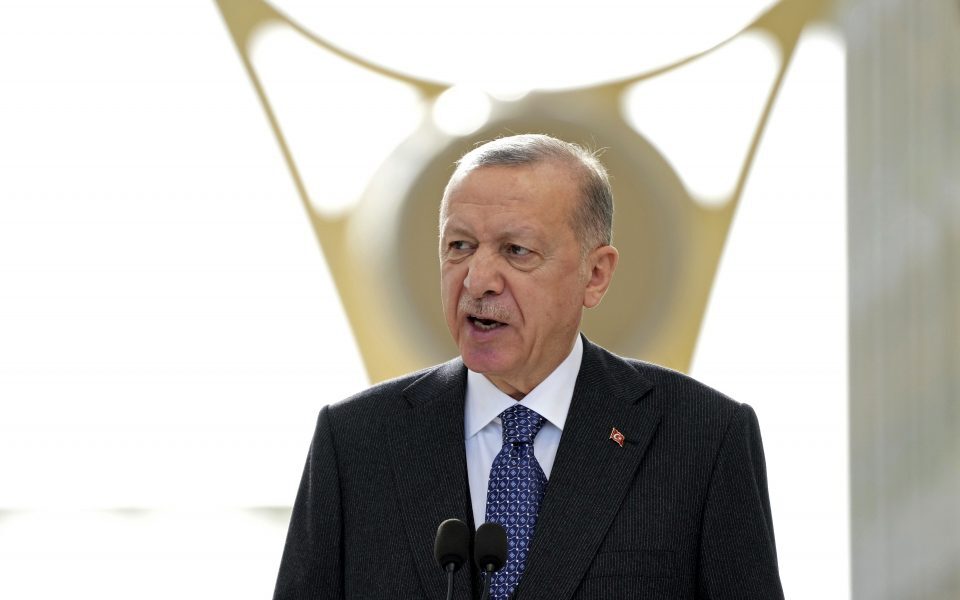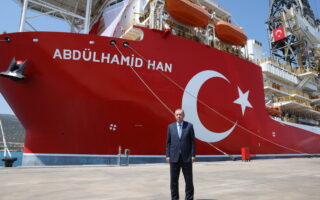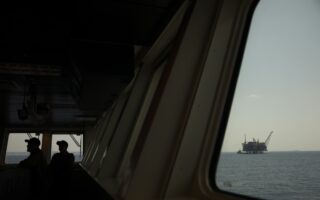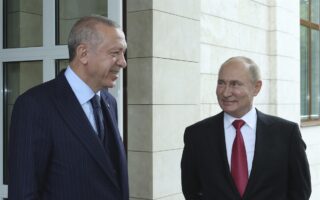The swing of the Turkish pendulum and Greece

In the context of his broader worldview, Turkish President Recep Tayyip Erdogan believes that the pendulum of history has decisively swung eastward (and the same holds for a large part of the Turkish establishment). Despite losing its teeth over the past six years, the country’s deep state has a better understanding. Turkey, the heir to the Ottoman Empire, which was itself founded on the ruins of the Eastern Roman Empire, does not really belong to one single world. The postwar settlement between NATO and the Warsaw Pact disguised this historical reality. The collapse of the socialist system and the legitimation of the otherwise fringe discussion about Eurasianism at home have forged two generations of Turks who believe that it is time that their country assumed a leading role in global affairs (as they understand the term).
A fundamental element of Turkey’s “comeback,” as some analysts like to call it, is changing borders; that is, land as well as sea borders. Apart from northern Cyprus, Turkish troops also occupy territory in northern Syria. Meanwhile, the Turkish military has established a foothold or some form of influence in northern Iraq, Libya, Azerbaijan, Qatar, Somalia and Albania. With repeated letters to the United Nations, the country has challenged all the maritime areas that pertain to Greek sovereignty, while the Turkey-Libya memorandum was designed to put these ideas into practice. Back in 2013-14, some officials in Athens proved to be too optimistic regarding Turkey’s presence in Libya. In 2019, Turkey and Libya signed an agreement on maritime boundaries in the Mediterranean Sea, and as of Monday, after the Tripoli government signed a preliminary deal on energy exploration, the North African country appears more steadily hitched to Ankara’s geopolitical chariot.
A fundamental element of Turkey’s ‘comeback,’ as some analysts like to call it, is changing borders; that is, land as well as sea borders
Put simply, despite his attraction to the Shanghai Cooperation Organization (which is only natural given that SCO brings together authoritarian and totalitarian states which the Turkish strongman admires), Erdogan understands that his country’s position leaves no room for investing in any single direction. The same view is probably shared by policy makers in Washington who seem to believe that Erdogan would never totally turn his back on the West.
In fact, full commitment would mean more political problems for Erdogan. As a result, officials in Athens must realize that for many years, with or without Erdogan, Ankara will put Greece’s rights in the Aegean and the East Mediterranean on the table of Western governments. Is Greece prepared for such a long-term confrontation in the field of diplomacy, communication and politics?





